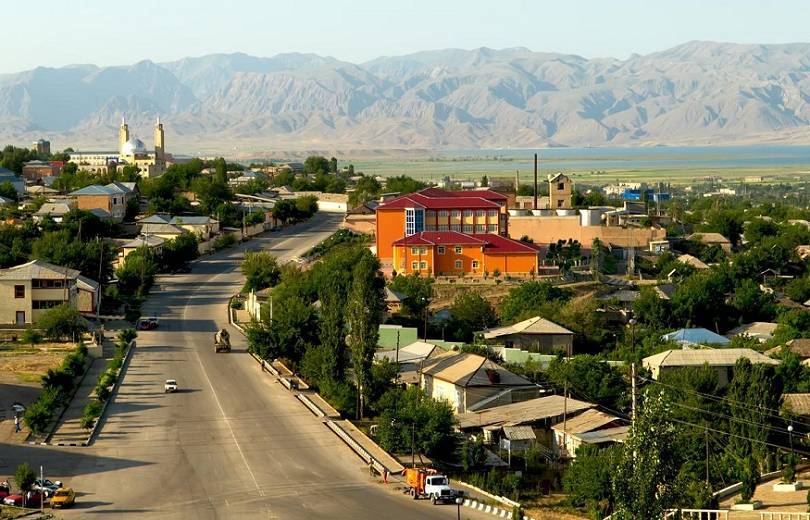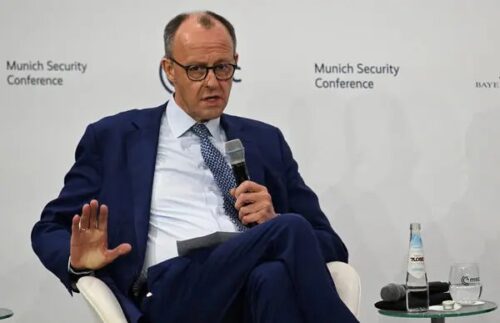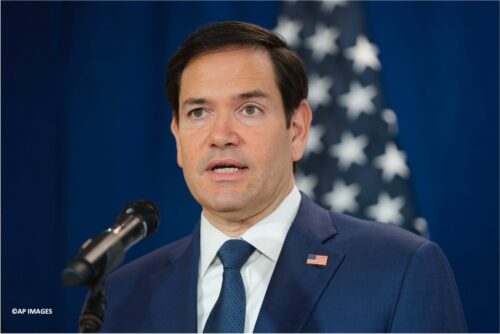
Political ambitions regarding Nakhijevan and possible effects of opening the ‘Zangezur Corridor’: Part 2
Genesis Armenia think tank has published the second part of the article by Candidate of Political Sciences Abraham Gasparyan and historian Armen Sargsyan, titled “Political Ambitions Regarding Nakhijevan and Possible Effects of Opening the ‘Zangezur Corridor'” (Part 1). The article is presented below․
Turkey and Nakhijevan
Nakhijevan has been in the spotlight of Turkey for decades. Throughout history, Turkey has consistently shown significant interest in Nakhijevan, leveraging the opportunity to strengthen its influence in the South Caucasus, particularly in Nakhijevan, a strategically important region. Turkey’s ambitions regarding Nakhijevan primarily encompass the following perspectives:
1. Ethnic and Historical Ties: Turkey and Azerbaijan share strong ethnic and linguistic links, which Turkey seeks to utilize to reinforce its ambitions and influence.
2. Turkey’s interest in Nakhijevan is further increased by Nakhijevan’s geographical location, as it borders Armenia, Iran, and Turkey, making it suitable for regional transportation and the implementation of a number of energy projects, which will lead to infrastructural development and economic growth.
3. Nakhijevan is crucial for military cooperation between Turkey and Azerbaijan. Turkey supplies military equipment and armaments to Azerbaijan; this was prominently visible during the wars in 2020 and 2023. This policy strengthens Turkey’s military influence in the region, serving the interests of Azerbaijan.
4. Turkey has shown significant interest and is implementing various projects in Nakhijevan, further enhancing its role.
5. Nakhijevan not only holds a strategic geographical position at the crossroads of Armenia, Turkey, and Iran but also plays a vital role in the realization of the Turkish-Azerbaijani ideology of “one nation, two states.”
6. Turkey is actively involved in Nakhijevan’s educational sector, supporting the implementation of educational programs, with Turkish universities and organizations collaborating with local educational institutions.
7. Turkey plans to invest in infrastructure and energy sectors, which not only underscores Nakhijevan’s strategic importance for Turkey but could also escalate tensions in the region.
8. Nakhijevan holds a special place with regard to Turkish nationalism and pan-Turkism. Turkey aims to restore its influence within pan-Turkist circles, linking the Caucasus to Central Asia, with Nakhijevan becoming a crucial hub for these initiatives. Additionally, Turkey’s current policy includes active measures near Armenia, ranging from economic blockades to direct military threats.
The Turkey-Azerbaijan relationship has reached the level of strategic alliance, significantly impacting the balance of power in the region.
Nakhijevan, being part of Azerbaijan and sharing a border with Turkey, stands out as a vital transit area, used in two main directions: military and economic.
Turkey regularly participates in joint military exercises held in Azerbaijan (particularly in Nakhijevan), emphasizing its military presence in the region, which poses a direct threat to Armenia. The territory of Nakhijevan continues to be used as a military transit zone for Turkey and Azerbaijan. For example, during the 2020 Artsakh war, Nakhijevan played a crucial role in securing Turkey-Azerbaijan strategic ties. Turkey ensured the flow of weapons and military equipment to Azerbaijan through the territory of Nakhijevan, and also deployed its drone production and military equipment in that direction.
Turkey is also attempting to implement economic projects in Nakhijevan, providing loans and engaging in activities such as leather exports. The activities of Turkish intelligence services in Nakhijevan are also of significant importance.
In addition to economic and military support, Turkey has provided diplomatic backing to Azerbaijan. Turkey has repeatedly expressed its stance on Azerbaijan’s territorial integrity, including Nakhijevan. For instance, Turkish President Recep Tayyip Erdoğan has often stated that Turkey supports Azerbaijan’s territorial integrity and defense, noting that Nakhijevan and border areas are important for Turkish-Azerbaijani relations. Referring to Turkish-Azerbaijani military cooperation, Former Turkish Defense Minister Hulusi Akar noted that joint military exercises contribute to regional security, including in Nakhijevan. With regard to those relations, former Turkish Foreign Minister Mevlüt Çavuşoğlu said that Turkey and Azerbaijan should continue to promote security and stability, noting that Nakhijevan’s cultural and historical ties are important to Turkish society. It should also be noted that Turkey has consistently insisted that Nakhijevan remain an autonomous republic due to several concerns, such as the possibility that Nakhijevan, taking advantage of its autonomous status, may adopt a different position in favor of Turkey if Azerbaijan’s political course changes.
The various agreements and military cooperation between the two countries attest to Turkey’s role as a strategic ally, but such developments often also pose threats to regional security.
Turkish-Azerbaijani “misunderstandings”
Due to Nakhijevan, the Turkish-Azerbaijani conflict is a sensitive and complex issue, involving historical, strategic, and political factors. Their main commonality is based on shared ethnic and cultural ties. Although Turkey does not officially have territorial claims against Azerbaijan today, its strategic interests in the region indicate several ambitions. The Turkish-Azerbaijani conflict over Nakhijevan may result from conflicting political interests, which are difficult to present more visibly due to the depth of these issues.
Turkey is already trying to cautiously establish direct connections with the leadership of Nakhijevan at the level of “contacts”. For example, recently in Ankara, Gen. Selçuk Bayraktaroğlu, Commander of the Turkish Land Forces, met with Maj. Gen. Kanan Seyidov, Commander of the Nakhijevan Separate Combined Arms Army, without the participation of representatives from Azerbaijan’s central government.


